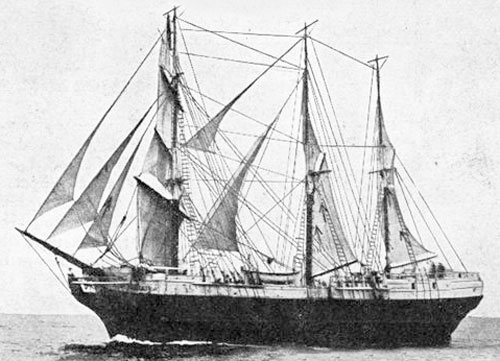It seems to go without stating, but it really is true that the surest way to get people to behave in a desirable way is to give them an incentive. A reward for good behavior is the best motivator.
Convincing people that incentives are important can sometimes be as challenging as determining which incentives are the right ones. This may be a key consideration when it comes to conveying a mission statement for a non-profit organization.
Here is an example from history. In the 1860’s the British government contracted with ship captains regarding the transportation of some of its prisoners to Australia. The chance that the prisoners would make the journey to Australia alive was 40%.
Most people would agree that this was very low, but only a few humanitarian groups, churches, and governmental agencies made any fuss about it on moral grounds or implored the ship captains to provide a better service. Despite the pleas of these groups, the survival rate remained at 40%.
Nothing changed until 1862, when economist Edwin Chadwick suggested a change to the incentive structure. Instead of paying the captains a fee for each prisoner who boarded the ship, now the captains would receive a payment for every living prisoner who got off the ship in Australia.
This change in incentives was instantaneous and measurable. The survival rate increased to over 98%, because the captains began providing better food and sanitation. They had also reduced the number of prisoners who were packed into the ships.
With incentives, there are always tradeoffs, and often information needed to be obtained from many sources in order to know the best course of action. Two important functions of incentives are to communicate information and to motivate people to do them.
The most important incentives come from the subjective desires of individuals. We see this in the mission statements of effective non-profit organizations. Each one has the wish to make the world a better place in some specific way, and is hopeful that others will capture the same incentive.

